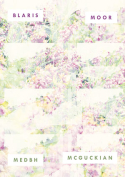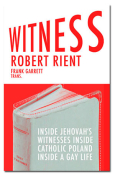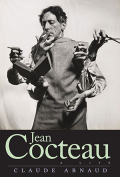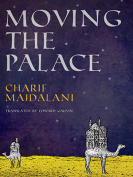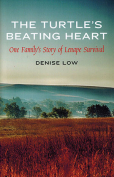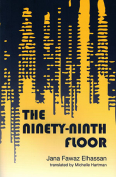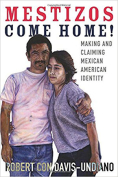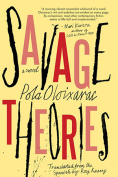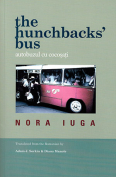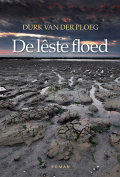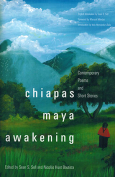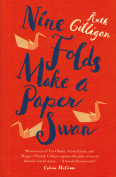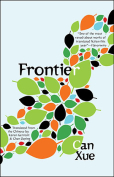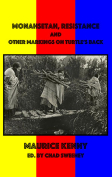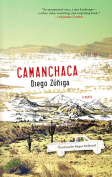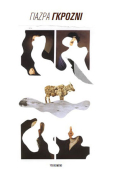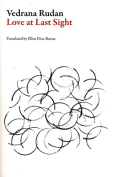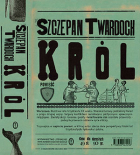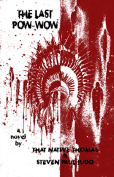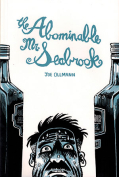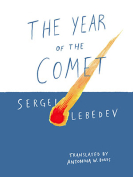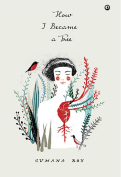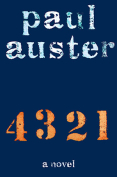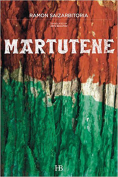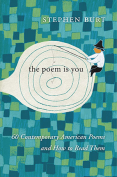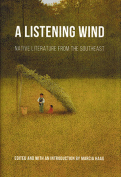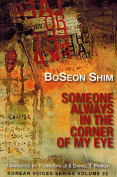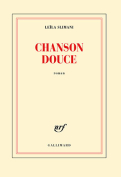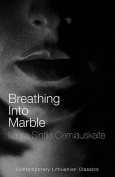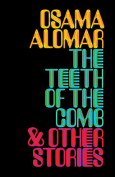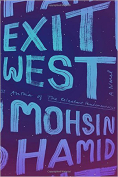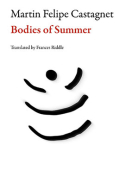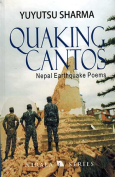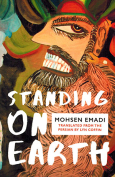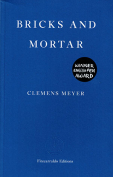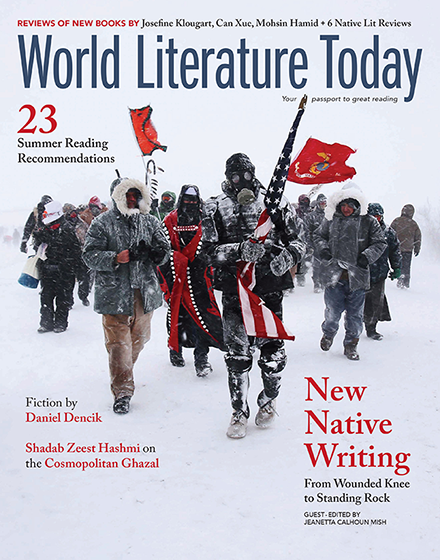A Thousand Horses out to Sea by Erika T. Wurth
 Norman, Oklahoma. Mongrel Empire Press. 2016. 80 pages.
Norman, Oklahoma. Mongrel Empire Press. 2016. 80 pages.
Each of us has a familiar universe that we hide from everyone else. Erika T. Wurth’s collection A Thousand Horses out to Sea is an invitation into a dark galaxy lit with neon and cigarettes. Here, landscapes are just as interchangeable as the uncertainty of relationships to gods and men. The speaker in these poems does more than confess: she cuts open to the deepest violences of memory and exposes them like blood on broken skin.
Blended culture, shades of skin tones—these are emblazoned in the speaker’s mind from the very beginning of Wurth’s book. We are taught the speaker’s truths in the opening poem, “Leaving the Glow,” in which we are introduced to the speaker’s family. She says, “I think of my white cousins in New York . . . / our white hands and Indian hands praying the same way, / to the same light,” and we know that as we read further, ethnic identity will be of central importance and, really, the connective tissue of the larger narrative arc of the collection. Menomonee poet Gloria Bird once said, “I write because I have to. . . we are the producers of this world who create ourselves as well as our social reality. And we do this through language.” Here, too, Wurth seems to have no other outlet than to let her poem’s speakers utterly unravel before us or love unrepentantly. Wurth gives us a gift of this personal universe—the ability to see inside the very real social reality of many indigenous women.
There is a drum in the back of this poetry—a constant pounding through images of blood, hands, fingers, and skin. The poems detail specific intimacy with masculine violence that is at once unsettling and a perfect allegory for the history of indigenous people in the United States. Wurth illustrates this in the poem “Wild Blue Glory,” in which she writes, “I need someone to break me, shake me / pull me apart. I need violence, blood and sap / running down my long yellow arms . . .” The speaker in these poems has no choice but to live an internalized trauma. Here, every act of violence becomes an act of catharsis because the body knows no other form of beauty.
Sarah Warren
University of North Texas
Get the book on Amazon or add it to your Goodreads reading list.
